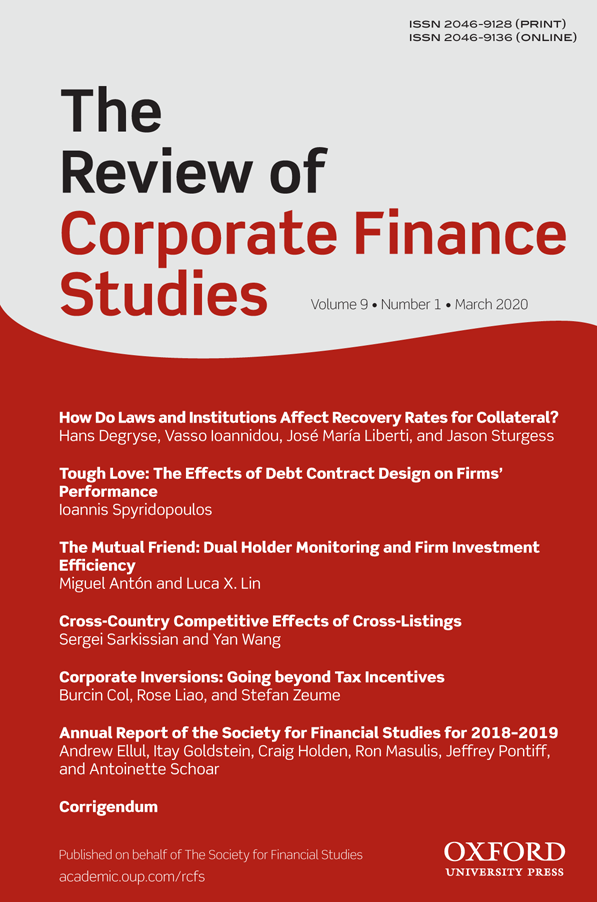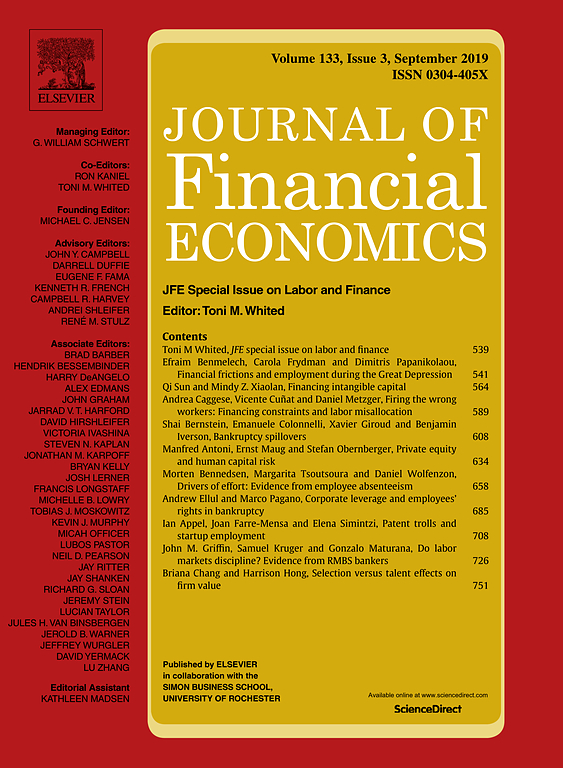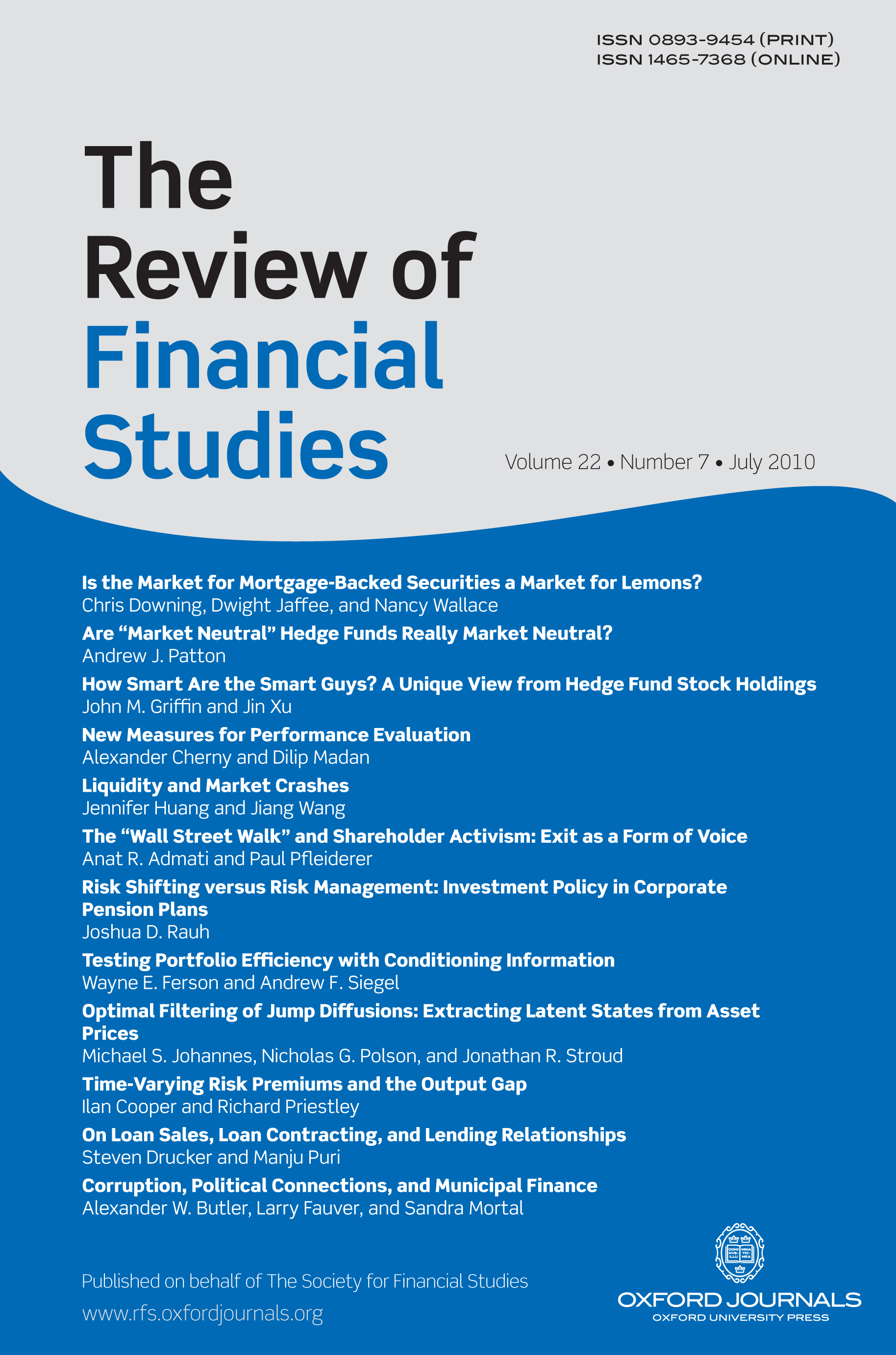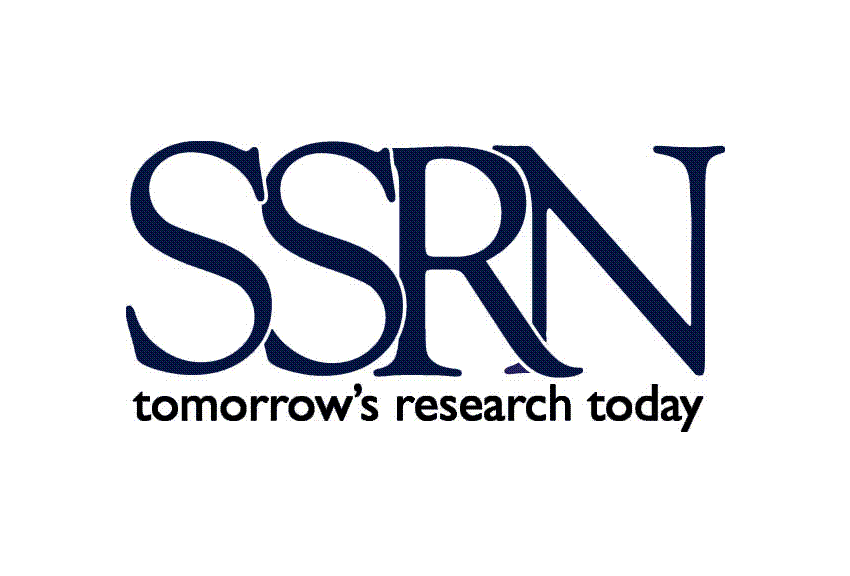Professor Dr Tobias Berg

Current Position
since 2/16
Research Professor
Halle Institute for Economic Research (IWH) – Member of the Leibniz Association
since 2023
Professor of Banking
Goethe University Frankfurt
Research Interests
- bank lending
- banking regulation
- real effects of financial intermediation








